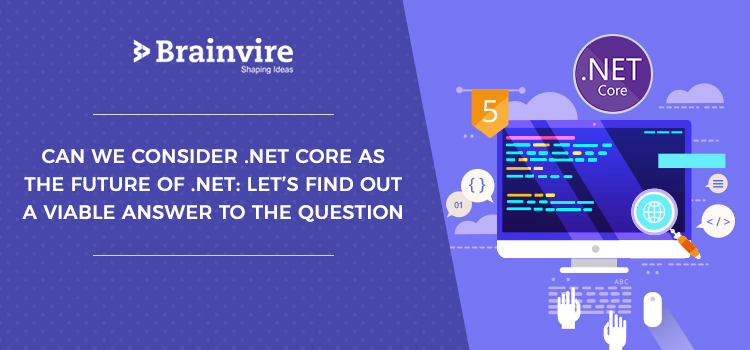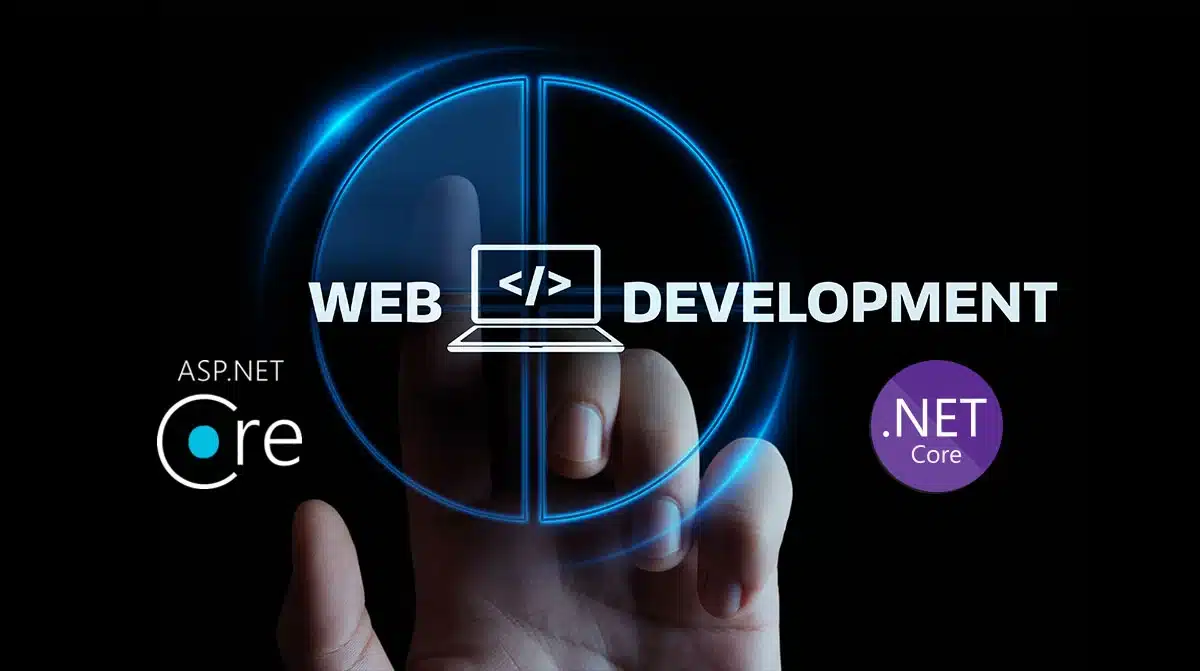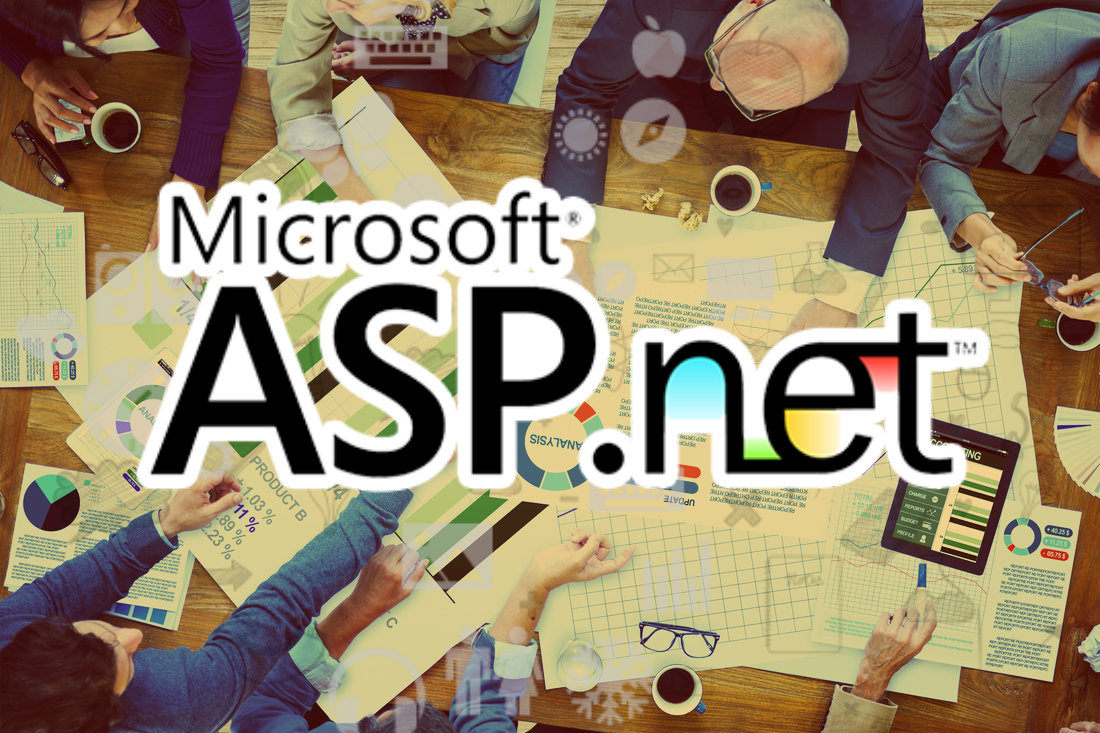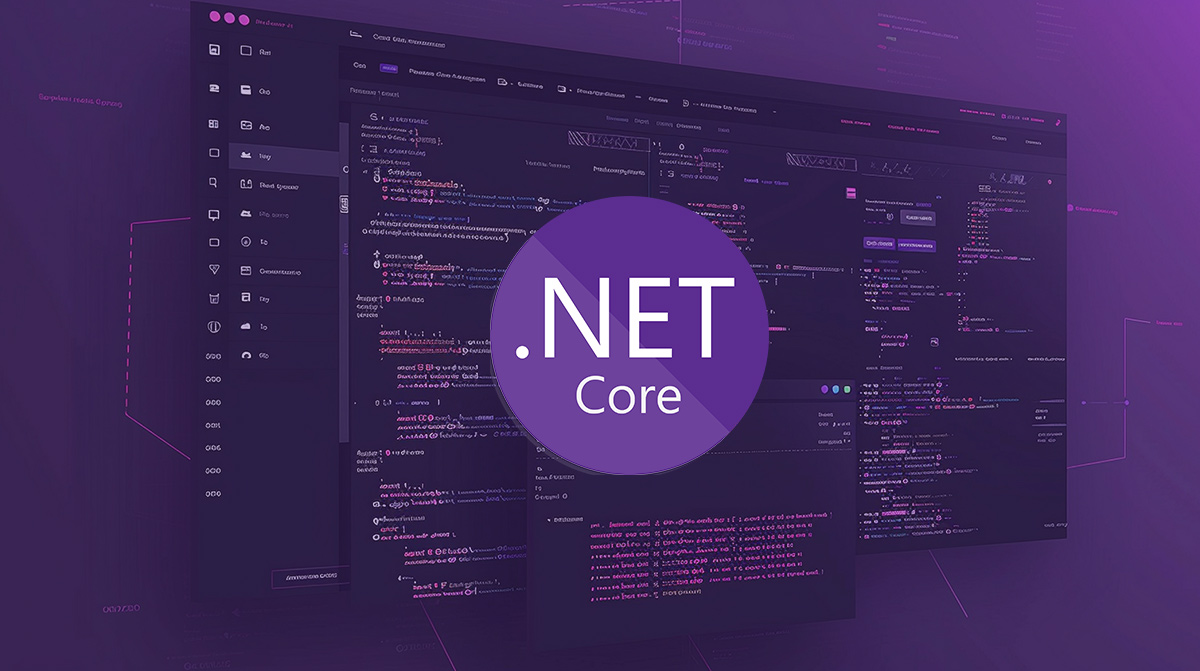
Before we answer the above question in a yes or no, let’s first provide a brief introduction to .NET Core. .NET Core is defined as an open-source and free computer software network. It supports cross-platform development running on all major operating systems such as Windows, Linux, and macOS. The software framework is managed and maintained by none other than Microsoft. The company introduced .NET Core as a successor to the .NET Development.
Known for its Versatile Nature
One main reason why dot net developers are choosing .Net Core is due to its versatility. Whether you are a web application developer, desktop app developer or a mobile app developer, you can take leverage of this versatile software framework. Moreover, it also allows you to develop gaming applications with the added advantage of Machine Learning.
The developers also get additional support from Xamarin programming language to develop cross-platform mobile applications. If you are building desktop applications, you get help from the Universal Windows Platform (UWP). Similarly, you can create unique gaming apps using Unity. With ASP.Net Core, you can even develop robust web applications as well.
ASP.NET Core comprises of high-performing service-oriented architecture. You can easily deploy your applications to Amazon Web Services and other providers with the support of Docker containers. Microsoft Azure allows you to deploy apps on the cloud with just a few clicks.
ASP.NET has also introduced ML.NET as a machine learning framework, which offers intellective services in Microsoft Azure. Microsoft also introduces Blazor framework that helps to create rich interactive front-end User Interface using C# instead of JavaScript functionalities.
Some Advanced Features-
.Net Core 3.0 Version
Microsoft released ASP.NET 1.0 version in 2016 intending to bring high performance for web and microservices. The next version 2.0 came in August 2017 with about more than twenty thousand APIs and components such as Razor Pages and SingnalR. It simplifies the task of porting web apps to .NET Core.
.Net Core 3.0 is the latest addition to this tally. Microsoft has already announced that it will launch the 3.0 in September this year. So, what are the major changes that we will see in ASP .NET 3.0?
- First, Microsoft has decided that it will not deploy any more features from the .NET Framework. You also need to note that .Net Framework 4.8 is going to be the last version of the .Net Framework.
- Plus, if you are planning to port desktop applications to .NET Core, you will have to take help from WinForms, Entity Framework 6, and WPF.
- The Web Forms Developers will have to take support from Blazor when they are developing a new .net application on the .NET Core.
- Similarly, a WCF Server Developer needs to use either ASP.NET Core Web APIs or gRPC, if he is building a new app on .NET Core. These tools offer cross-platform and cross programming language contract-based RPCs.
- Microsoft also facilitates Windows Workflow Developers with an open-source port of Workflow to .NET Core.
.NET Applications Based On .NET Core
Come version 3.0, all new .NET applications will be powered by .NET Core. The latest variant of .Net Core is expected to support the primary .NET Framework applications from where nothing has been ported. Apart from that, Microsoft is going to increase its investment in .NET Core with much more advanced software tools. Frameworks, and programming languages. JIT, AOT, BCL, C#, VB.NET, ML.NET, WPF, Xamarin, and many more can be cited as examples.
C# 8.0 Version
C#, also known as C Sharp is a multi-paradigm programming language used to create web forms and web applications. Microsoft has recently released the latest version of C# with some incredibly useful features. It includes default interface methods, Non-Nullable, Nullable Reference Types, Advanced Pattern Matching, Async Streams, Ranges, Caller Expression Attribute, New Lightweight Classes, and Improved Extension Support.
Visual Studio 2019 for Mac and Windows
Visual Studio is one of the most powerful Integrated Development Environment introduced by Microsoft. The recent version of Visual Studio, 2019 is available for both Windows as well as Mac Operating Systems. It has new features that can help developers in developing faster websites, web, and mobile applications.
Good News for .NET Framework Users
Microsoft has also brought some good news for existing .Net Framework users. According to the information available, .NET Framework 4.8 is going to be the last main version of the software framework. But those using current .NET Framework applications will not have to migrate their applications to .NET Core. Microsoft will continue to offer its support and service that includes bug fixing, security-based issues, and other support.
The Company has also said that it will also continue to offer Windows as much of the Operating system relies on .NET. You will also find improved tools support for Visual Studio.
.NET Core is the Future of .NET
To answer your question; yes, .NET Core can rightly be regarded as the future of .NET. Microsoft has already planned to invest big in .NET Core and all the new applications will be developed in the open-source computer software framework. We will also see the arrival of the next version .NET 3.0 within a couple of months. And the existing .NET Framework applications will continue receiving extensive support from Microsoft. ASP.NET has got the immense potential to speed up and simplify the application development process. Contact Brainvire for ASP.NET Web Services.
Related Articles
-
Modern Web Development with .NET Core and ASP.NET Core
Staying ahead of the curve is essential in the fast-paced web and app development world. Whether you’re a seasoned developer or just starting, mastering .NET Core and ASP.NET Core can
-
5 Ways To Supercharge The ASP.NET App Performance
ASP.NET is considered as the best technology to build the applications that perform at speed. Also, it makes the app hosting on the server plain-sailing. But, syncing the app with
-
Routing in.Net Core isn’t a Rocket Science Anymore
“Routing is quite complex”, “Routing drains the energy you have”, “Routing is not easy to crack,”- Often.Net developers talk like these. And yes, most of the time, they are right.



